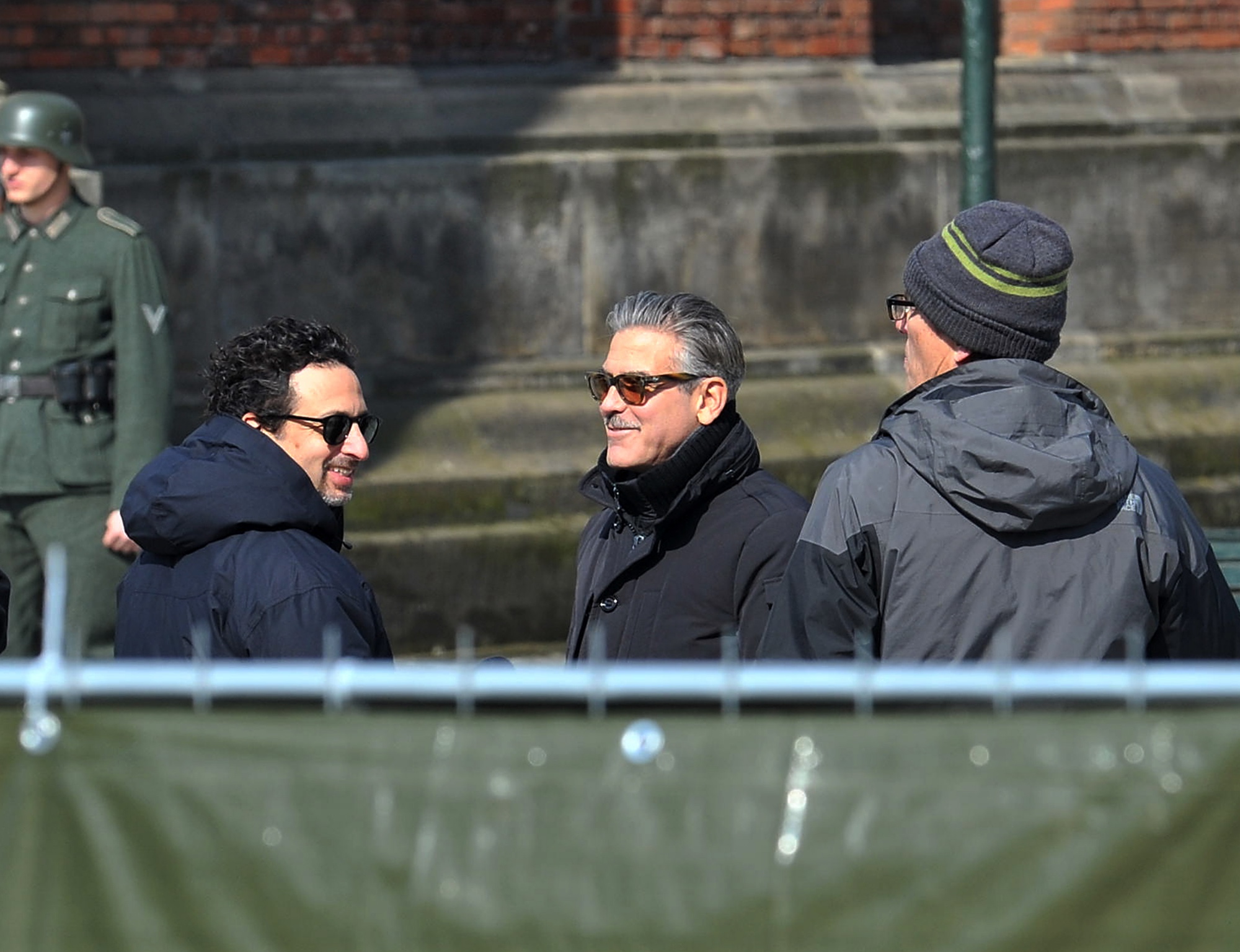
- Industry
Hollywood in Germany
One in an occasional series exploring the state of Hollywood films in global markets.
2018 was not a good year at the German box office. There was a 16% fall in revenues from the previous year to $965 million – the first time since 2012 that gross earnings did not cross $1 billion – and a 15.5% drop in ticket sales, according to Comscore, which provides marketing data and analytics to media companies.
An unusually hot summer (most theaters in Germany have little to no air-conditioning), World Cup fever and streaming services keeping young people at home were all blamed for the drop-off in the eighth-largest film territory in the world. No domestic movie made the top ten on the charts. Hollywood movies were affected as well, though Avengers: Infinity War was the top earner at $45 million. But Hollywood still grabbed more than 75% of the total box office.
2019 so far has shown a slight uptick in both revenues and admissions by about 6%. Frozen 2 has already earned $14.9 million in its opening weekend. The unstoppable Avengers: Endgame is the current champ with $65 million, followed by The Lion King and Joker at $56 and $36 million, respectively. Only one German picture is in the top 15, Constantin Film’s Das Perfekte Geheimnis which has brought in $26 million.
Back in 2017, Germany increased its tax breaks to the tune of $80 million a year to attract foreign big-budget productions and co-productions in order to compete with the subsidies of the UK and other European countries. The German Federal Film Fund (DFFF) will now rebate 20-25% of the costs of a project if its budget exceeds €20 million and the German production costs exceed €8 million. Ron Howard’s Rush, Lars von Trier’s Nymphomaniac and Brian de Palma’s Passion were co-funded by the DFFF.
The famous Babelsberg Film Studio outside Berlin, Europe’s largest, also co-produces international high-budget productions, most recently Wes Anderson’s The Grand Budapest Hotel, Quentin Tarantino’s Inglourious Basterds and George Clooney’s The Monuments Men. In operation since 1912, it’s the oldest European studio where German classics like Fritz Lang’s Metropolis and Josef von Sternberg’s The Blue Angel were filmed, as well as Hollywood productions like the new Charlie’s Angels, The Hunger Games, Valkyrie, The Bourne Ultimatum, Captain America: Civil War and V for Vendetta.
The local German film industry is supported by public financing but there is a brain drain problem in Germany due to problems faced by talent that have not been alleviated. Independent filmmakers without distribution deals don’t get access to government funds. (Crowdfunding through websites like filmemacher.org help young filmmakers support each other and pool resources.) And directors in Germany are classified as technicians with limited earnings despite box office success. Also adding insult to injury, directors do not even get a director’s cut, let alone final cut, unlike in France where it’s the law for a director to get final cut. According to Deutsche Welle, Germany’s international broadcaster, Oliver Hirschbiegel, director of the acclaimed The Downfall, complained publicly that German directors are ‘paid like shit’ and took off for Hollywood. Florian Henkel von Donnersmarck, Roland Emmerich and Wolfgang Petersen are other examples of directors who left Germany to make careers in the US.
But count on the streaming services to fill the funding void. Netflix was launched in Germany in 2014 and now has 5.2 million subscribers. Amazon started in 2007 and has 9.9 million. The relatively high subscription numbers are probably due to the draconian piracy laws in Germany which levy four-figure fines for pirating a single movie.
While Netflix is already producing television shows like the supernatural Dark and the crime drama Dogs of Berlin, it recently announced plans to produce original German motion pictures, revealing three projects in co-production with local companies UFA, X Filme and ZDF — Betongold (Concrete Gold), a satire set in the world of real estate; a romantic comedy Issi & Ossi; and Freaks, a drama about a mother with supernatural powers. They will appear on the service in 2020. Amazon has several German-language dramas on its platform, the latest being You Are Wanted in a co-production with Warner Bros. Germany. HBO also has a presence online and Apple+ and Disney+ will launch soon.
Just as an aside, dubbing foreign-language films instead of subtitling is ubiquitous in Germany, and Expatica.com reports that many ‘dubbers’ become stars in their own right, using hochdeutsch (high German) for every project (somewhat odd for foreign films that may be set in poverty-stricken locations around the world). But expect film fans in Germany to be very familiar with Ich bin Spartacus (I am Spartacus), Ich komme wieder (I’ll be back), Das Leben ist wie eine Schachtel Pralinen. Man weiß nie, was man krieg (Life is like a box of chocolates; you never know what you’ll get), and Offen gesagt ist mir das völlig gleichgültig (Frankly, I do not care.) Presumably, high German does not have the word ‘damn.’
DVDs and televisions with new technology allow some programs to be viewed in their originalfassung (original version). But German-dubbed versions of shows are all over the SVOD platforms.
Avatar (€156 million), Titanic (€129 million), and 1968’s The Jungle Book (€100 million) are the all-time box office champions of Germany. Avengers: Endgame, the highest-grossing movie in the world, made only $64 million.

